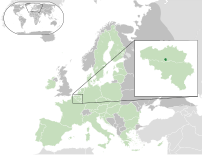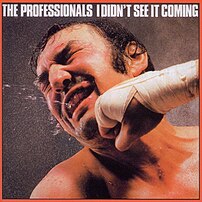Seth Godin writes the most popular marketing blog in the world. So it’s reasonable to assume that when he writes about something, there just might be something to it. The good news for freelance translators is that for some time now he’s been saying that small is the new big. And some other great posts have been written about this too.
At some early point in their career, freelancers usually have to chose whether to position themselves as a “we” or as an “I”. Most Many translators tend to go for “we”, despite being soloists. There seems to be a perception that it’s weightier somehow, more credible. And no wonder – it’s easy to imagine that the only way to do business is the way we see it being done by the companies we hear about and deal with every day. But is the royal “we” really called for anymore?
Here are some things for freelance translators to consider when thinking about their brand positioning, based on Seth Godin’s book Small is the New Big:
1. “Find a niche, not a nation”. We don’t have to conquer the world every morning we open our doors for business just to break even. We can make a very nice living off the crumbs hat the big fish miss. What’s wrong with that?
2. Everyone likes to deal with the CEO. So don’t hide the fact that when clients deal with you, they are. Plus, because you call all the shots, there’s no need for pointless rules, needless paperwork or slow decision-making. What client wouldn’t want that level of attention and service?
3. Vive le solopreneur. Teamwork isn’t always the way to go. Groups can get bogged down and lose focus in areas where an individual can whip through. These are the areas where we can thrive.
4. Everybody loves an underdog. Some people even prefer to buy from them. Put yourself in front of these people.
5. Focus on your craft. Build your business by doing great work consistently, and you’ll never be short of work. (This is my favourite tip, and has always been my take on freelancing.)
6. Be a bootstrapper. This is the best bit of advice Godin has, in my opinion. By only spending money where you really need to, you give yourself the freedom of flexibility and time, and have a lot less to lose. I reckon this is the secret to long-term survival as a freelancer (and a good approach to money in general).
So why not embrace the fact that we’re small?












